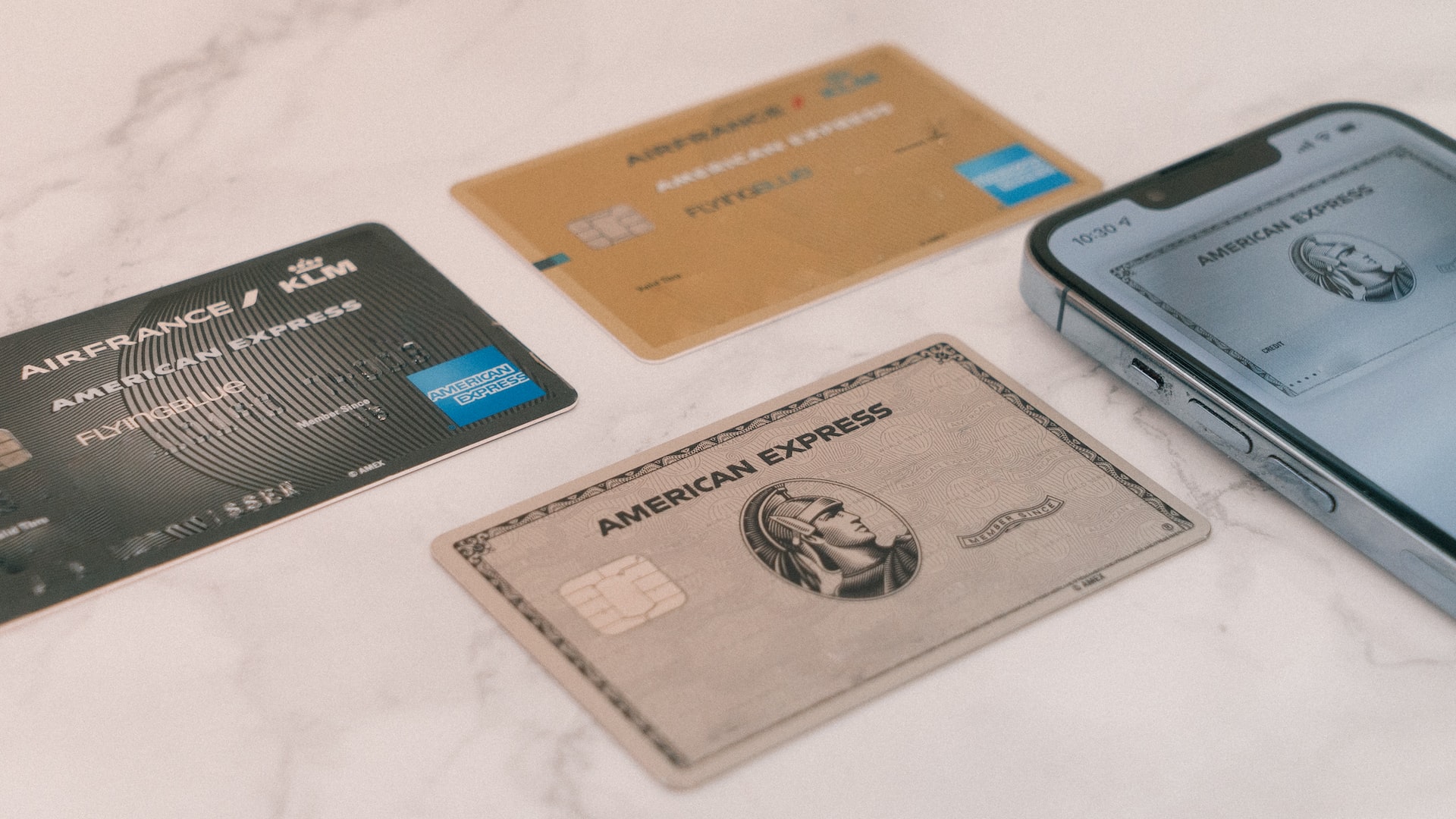Your credit score is among the most significant parameters to determine your financial health.
The higher your credit score, the easier it gets to receive approvals for new lines of credit and new loans. On the other hand, bad credit locks you out of competitive deals on loans and mortgages.
If you have taken a hit on your credit, here are five steps you can take to get your score back above 670-700 in the shortest possible time.
Focus on timely bill payments
Failure in paying your dues on time is usually most people end up with a bad credit score. If you want to have any chance at a quick redemption, you need to avoid making the same mistake at any cost.
Try to build up an emergency fund to avoid missed payments. Reduce your spending activity on credit cards and stay well within your budget when buying things on credit.
To ensure on-time payments, consider setting up an auto-payment feature on your credit cards and loans.
Reduce your credit utilization
Maxing out credit cards is a bad idea from a credit score POV. Ideally, you want your credit utilization to stay under 30% at all times.
If you go above this limit, lenders will consider this as a negative aspect.
Try to reduce your loan accounts as soon as possible. Many people prefer the snowball approach, starting with the lowest outstanding balance and then moving on to the bigger ones.
With that said, it can be better in some cases to pay off the high-interest loans first, regardless of the size of the account.
Doing it what way will save you more in the long term in interest payments.
Don’t close your credit accounts
Once they have successfully paid off a card or loan account, many users make the mistake of closing the account.
One of the factors behind a high credit score is having multiple credit accounts.
If you don’t have enough open accounts and cards in your name, lenders can turn down your next loan application.
Having open accounts with a long credit history can really boost your credit score.
Check for credit report errors
Lenders often make mistakes or omit vital information when they send your credit score to the credit bureaus.
It’s always an good idea to take a look at your current credit report for any errors. Any time you see any discrepancy, small or large, follow it up immediately and raise a dispute.
To open a dispute, send a letter to the credit bureau that produced the report.
Open more credit accounts
While this may sound counter-intuitive, having more open credit accounts can help boost your credit score significantly.
People fresh out of college tend to have a low credit score because they don’t have any credit history.
Instead of holding just one loan account, try to get mortgages from different providers when the need arises. If you get the chance, apply for credit cards from multiple bank accounts.
But try to keep all your credit accounts at low utilization levels. Spending sprees after getting a new line of credit are likely to defeat the purpose.


